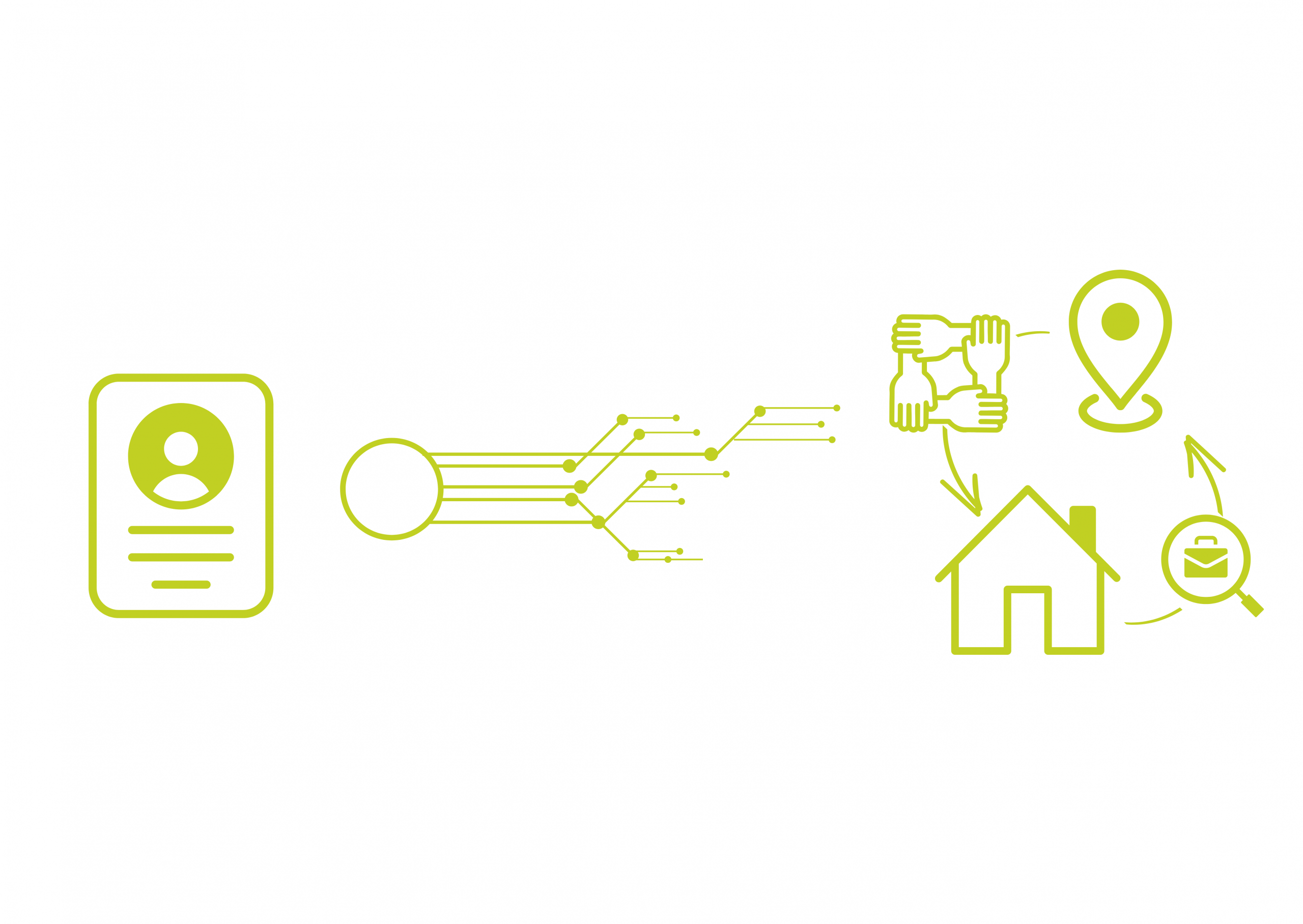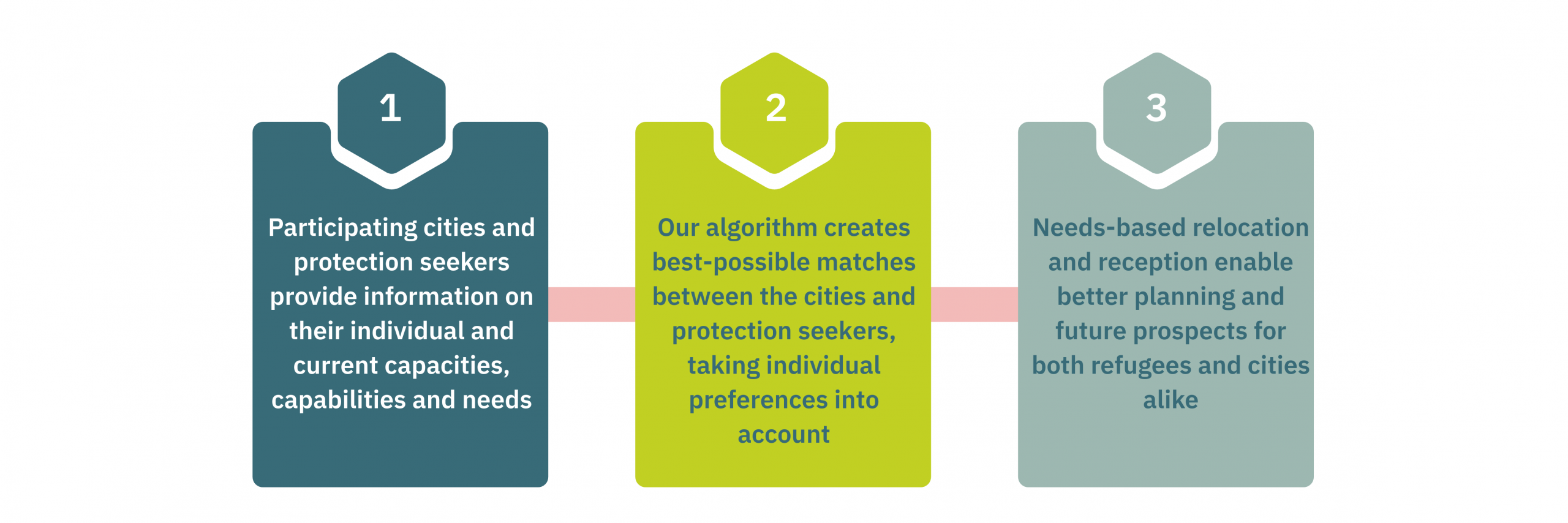Re:Match re-imagines solidarity in the European Union and the distribution of protection seekers through a new, participatory approach. Unlike conventional relocation systems, our method is based on matching individual profiles and preferences of protection beneficiaries with the capacities, services, and labour-market conditions of municipalities.
With Re:MatchJob the Berlin Governance Platform is actively expanding and applying matching criteria and processes that support people seeking protection in accessing local labour markets and building sustainable futures in welcoming cities.

